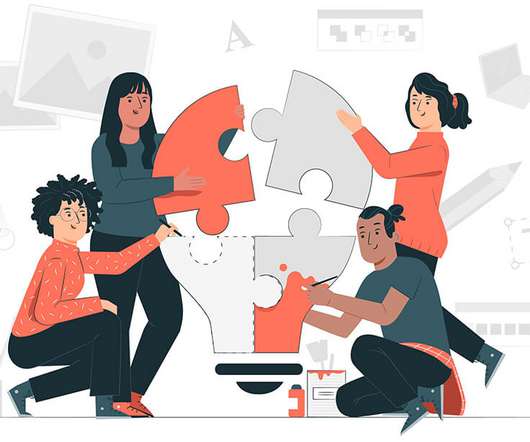Deeper eLearning Design: Part 6 – Putting It All Together
Learnnovators
OCTOBER 8, 2015
This is then fleshed out with a combination of conversations with a SME and/or a suite of documents and presentations that constitute subject matter knowledge. Typically, an instructional designer uses these resources to determine the objective(s) of the course, and the major content to be developed, as well as assessment.


















Let's personalize your content